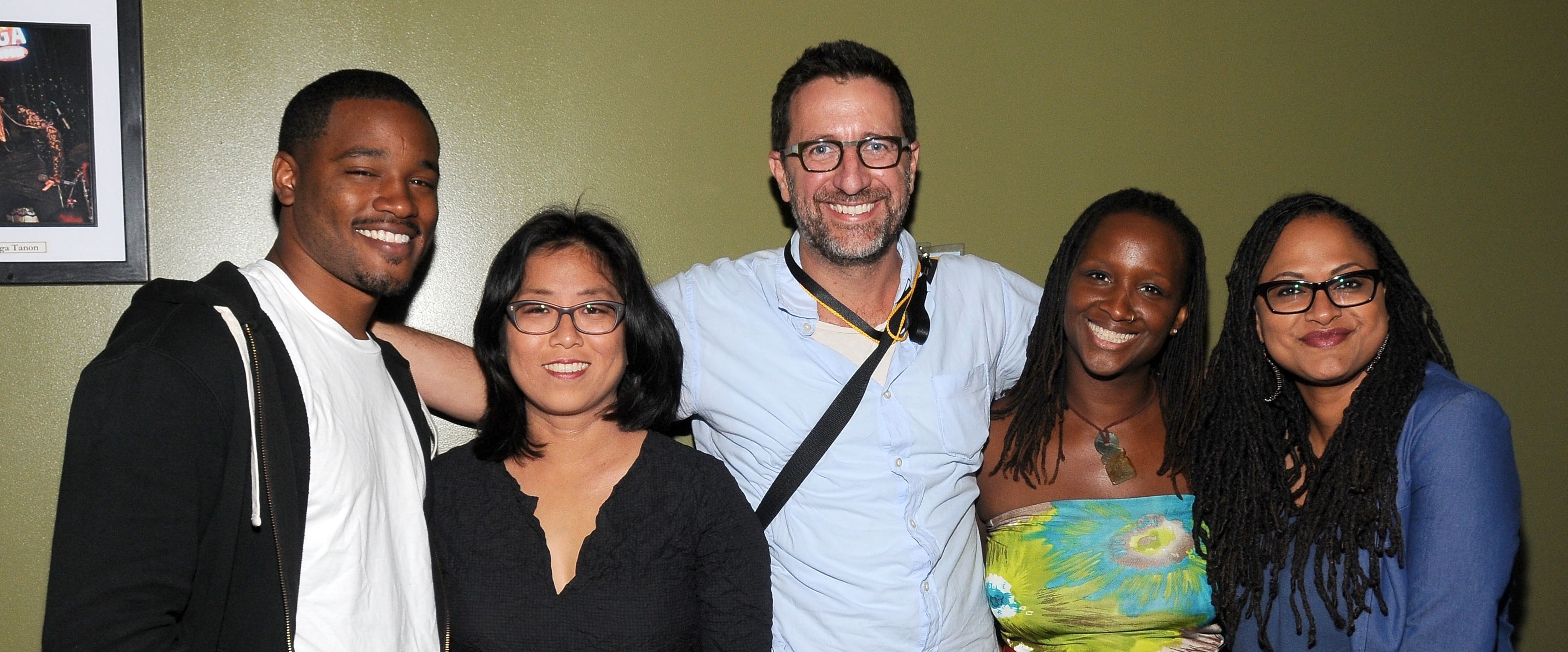By Lee Jameson / Film Education Coordinator Could “blockbuster mania” cause Hollywood to implode? Steven Spielberg thinks so. “You’re at the point right now,” Spielberg recently said, “where a studio would rather invest $250 million in one film for a real shot at the brass ring than make a whole bunch of really interesting, deeply personal—and even maybe historical—projects that may get lost in the shuffle.” Of course none of this is news to indie filmmakers. But when the granddaddy of all blockbuster makers publically laments the Blockbuster Era (with George Lucas by his side, no less), people sit up and take notice. New York Magazine’s David Edelstein and producer Lynda Obst weighed in on the “Blockbuster Problem” in a recent Vulture interview. “I don’t have knee-jerk dislike for $250 million pictures: I enjoyed Iron Man 3 and Fast & Furious 6 on their own dumb, machine-tooled terms,” said Edelstein, “But it’s terrible if sequels, remakes, and ‘reboots’ use up all of a studio’s resources—if they come at the expense of other kinds of movies.” If? Film Independent’s Diversity Speaks day at the Los Angeles Film Festival tackled the “Blockbuster Problem”–from the perspective of artists who are helping to solve it. The “New American” Independent Cinema panel featured diverse directors, storytellers and content creators of color who have long been fighting to challenge the homogenized representation of American culture. In a conversation that touched on thorny issues surrounding race, social alienation, sexuality, and the intricacies of drawing an American identity outside the margins, the filmmakers discussed how they were able to penetrate the blockbuster-saturated market with their culturally relevant work.
All four offer proof that there is hope for moviegoers who identify themselves as anything other than “heterosexual white male, ages 18-30,” and who are crying out for media they can identify with.
Writer/director Ryan Coogler, whose breakthrough debut film Fruitvale Station won both the Grand Jury Prize and the Audience Award at Sundance this year, and has quickly become one of the most lauded films of the year. Writer/director/actor Henry Barrial, whose Bronx-set drama The House That Jack Built offers a fascinating portrait of Nuyorican culture and features an all-Latino cast. Triple-threat Ava DuVernay, who brought her filmmaker, marketer and distributor expertise, as well as her new TV doc Venus Vs. to the Festival. She also became the first African-American woman to win the Best Director Prize at Sundance last year for Middle of Nowhere. Grace Lee, director of 2013 Los Angeles Film Festival Best Documentary Audience Award winner American Revolutionary: The Evolution of Grace Lee Boggs, which documents the life of a 97-year-old Asian-American woman who became an unlikely leader of the African-American movement.
